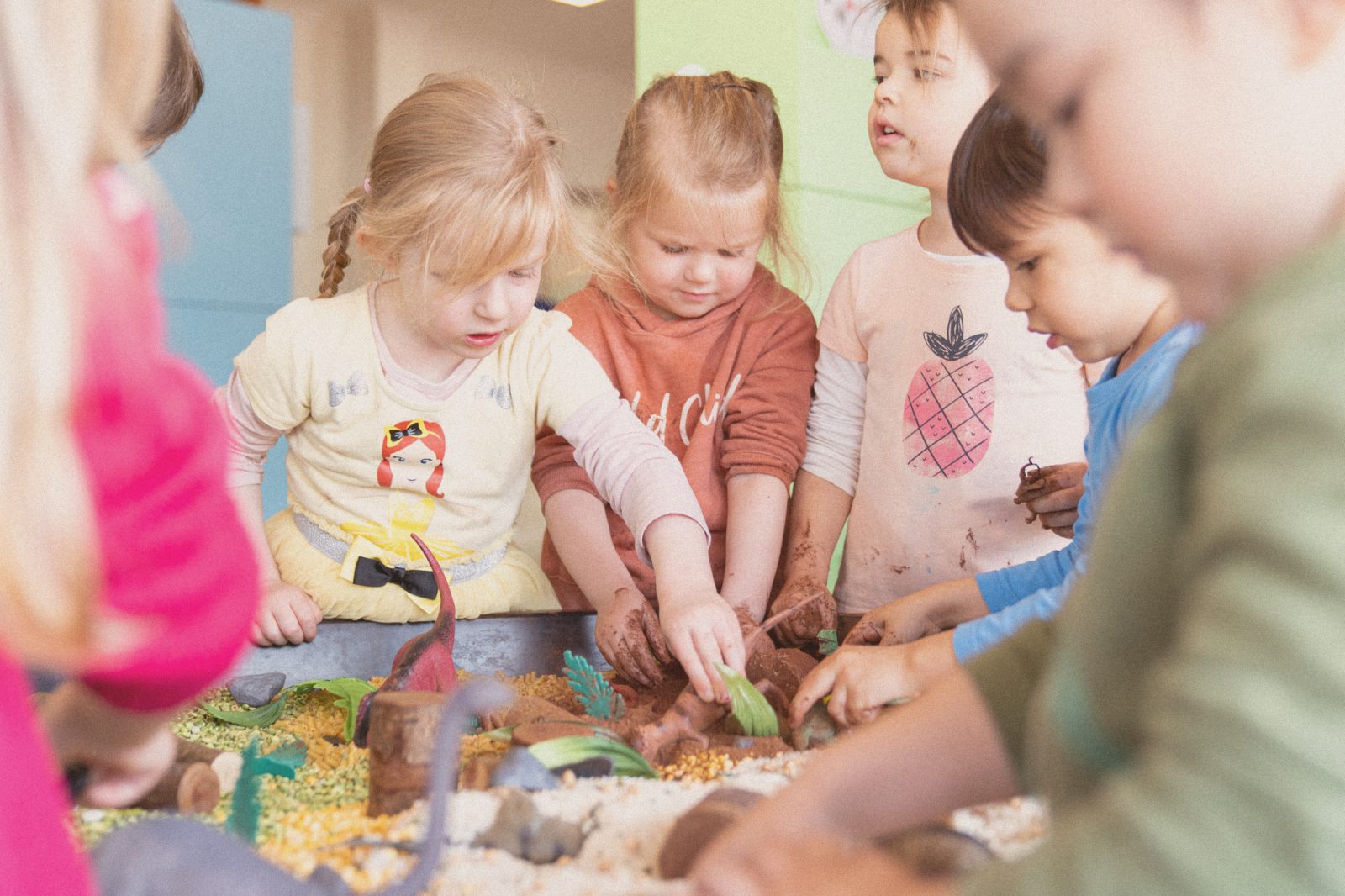1. Get organised early
Taking care of practical things like lunches and clothes labels the night before (or earlier) will reduce the stress of trying to get out the door. This means you can focus on your child and how he’s feeling on child care mornings.
2. Allow plenty of down time at home
Child care is very stimulating. Your child will probably be tired and need recovery time at home. This might mean an earlier bedtime or longer naps. Or maybe just quiet play in a familiar environment.
3. Make special time at home with you
Now that you have less time with your child, you’ll want to make the most of the time you do have together.
Breastfeeding or bottle-feeding before and after child care can be a good way to connect. You might also be able to build special time into your evening routine, with songs and play at bath time, or cuddles and stories at bedtime. Or plan for relaxed family time together on the weekends – for example, a regular play at the park.
4. Make time to stay with your child the first few mornings
Try staying with your child for five minutes for the first few days. You could read a book together or watch your child do activities. As you and your child become more comfortable at child care, you might take your child in and leave more quickly.
5. Say goodbye
When it’s time to go, let your child know you’re going and when you’ll be back. Give your child a hug and a kiss, say goodbye to your child’s early childhood educator and leave.
6. Build a relationship with your child’s early childhood educators and carers
Your child is more likely to feel secure in the new child care setting if she sees that you have a good relationship with early childhood educators and carers. If your child can see you trust the educator, she’s more likely to trust the educator too.
7. Plan for breastfeeding
If your child is still breastfeeding, and if it’s possible for you, you might want to think about visiting the centre during the day to give your child a feed. Many centres encourage breastfeeding mothers to visit, and it might help your child settle into care.

